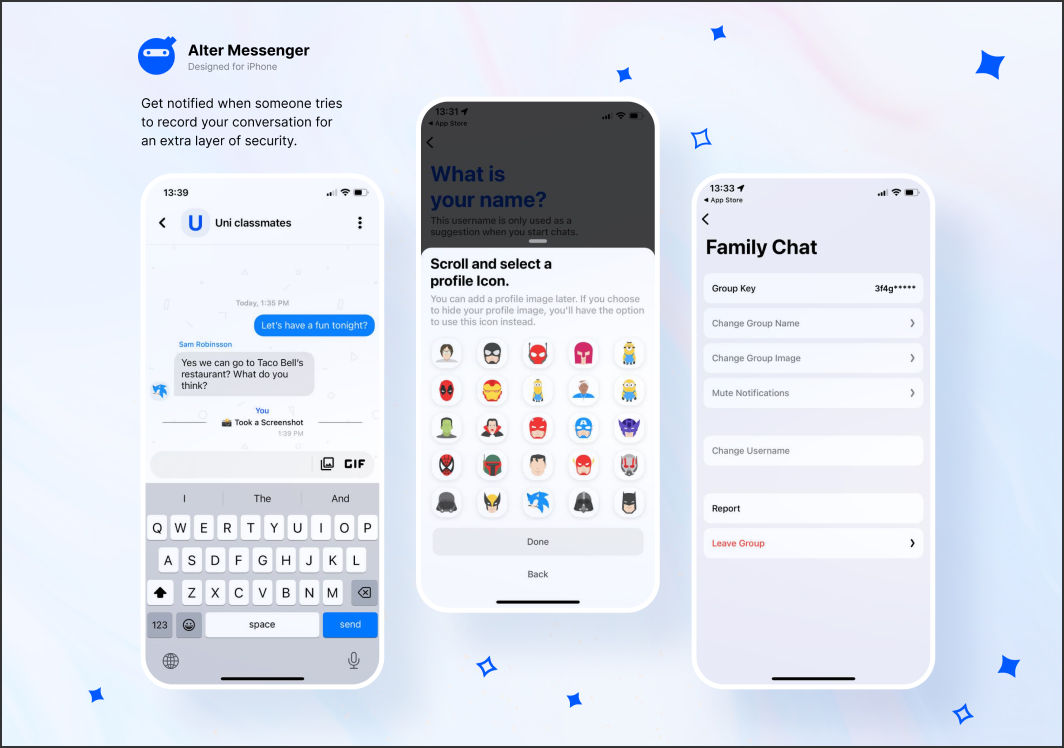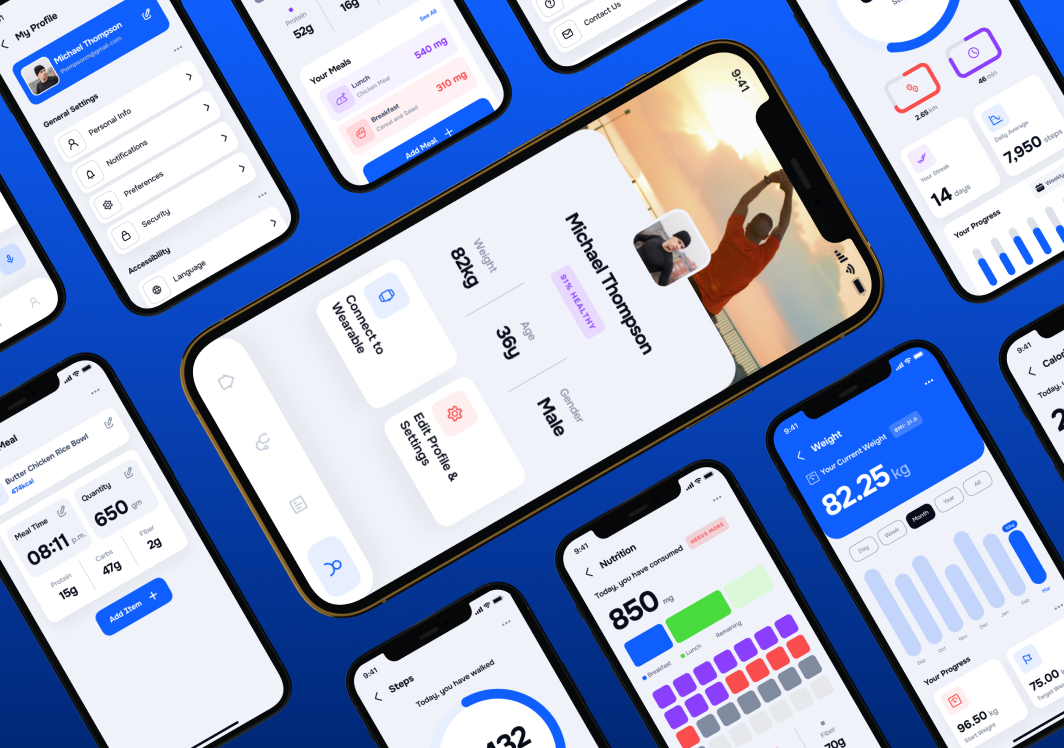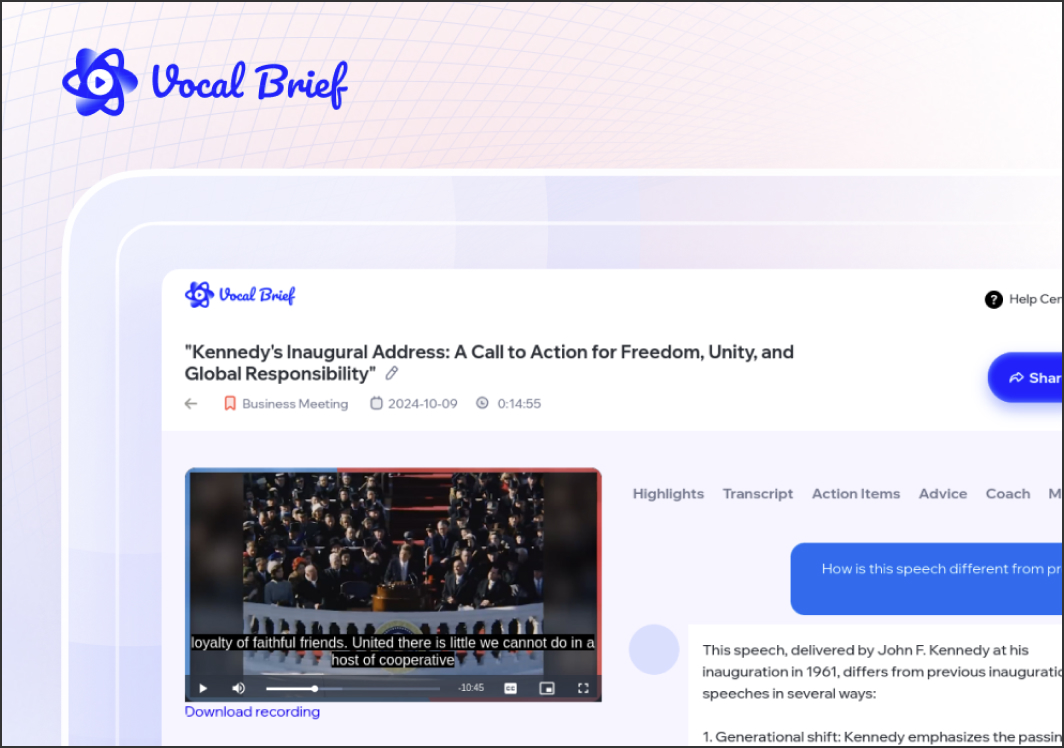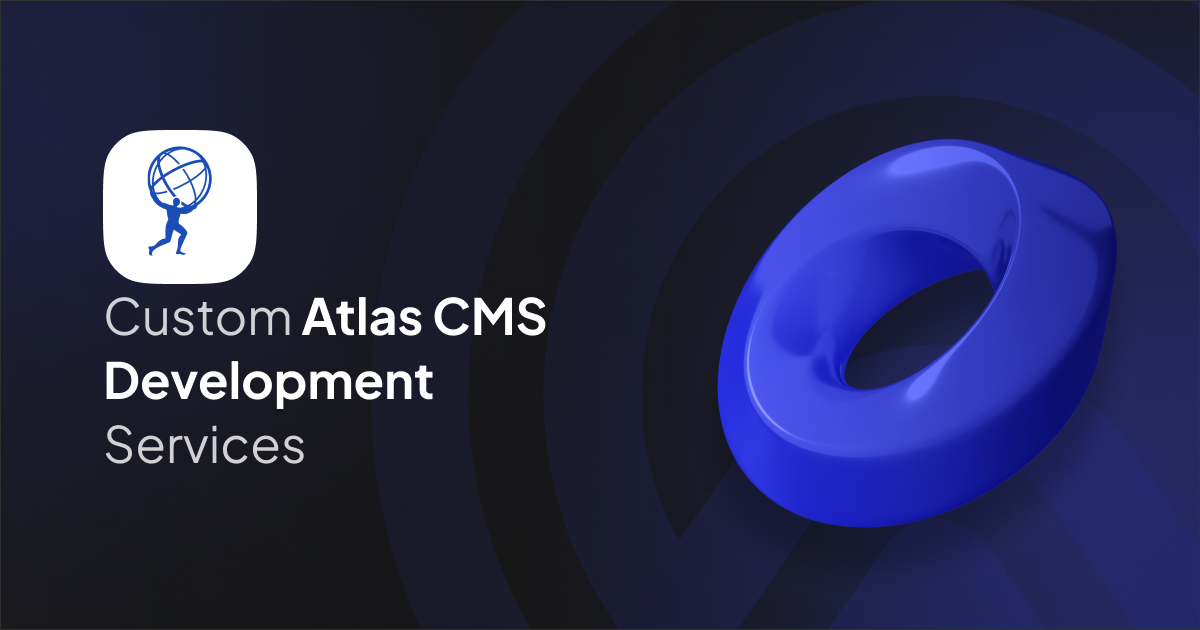Atlas is WP Engine’s headless WordPress platform, leveraging Node.js hosting and the Faust.js framework to deliver content via APIs. Unlike traditional WordPress, which ties content to templates, Atlas decouples the backend from the frontend, allowing developers to use modern frameworks like React or Next.js. Compared to other headless CMS platforms like Contentful or Strapi, Atlas stands out for its WordPress integration, making it ideal for teams familiar with the WordPress ecosystem.
Key Features of Atlas
Atlas combines the best of WordPress with cutting-edge headless capabilities.
WordPress Backend Integration
Content creators use the familiar WordPress dashboard to manage posts, pages, and media, ensuring ease of use for non-technical teams.
Node.js Hosting
Powered by WP Engine’s Node Engine, Atlas ensures fast, scalable frontend delivery, optimized for high-traffic projects.
Faust.js Framework
Faust.js simplifies headless WordPress development, offering tools for Next.js integration and streamlined workflows.
API-Driven Content Delivery
With REST and GraphQL APIs, Atlas delivers content to websites, mobile apps, and IoT devices seamlessly.
Content Modeling
Custom post types and fields allow flexible content structures tailored to project needs.
Security Features
Atlas reduces vulnerabilities with a decoupled architecture and WP Engine’s robust security measures.
Atlas Blueprints
Pre-built templates accelerate project setup, enabling rapid deployment for common use cases.
Benefits of Using Atlas
Atlas offers a range of advantages for modern digital projects.
Performance Optimization
By separating the frontend and backend, Atlas delivers lightning-fast page loads, enhancing user experience and SEO.
Developer Flexibility
Developers can use modern frameworks like React, Next.js, or Vue.js, building custom frontends while leveraging WordPress’s backend.
SEO Enhancements
Atlas preserves WordPress URL structures and supports structured data, boosting search engine rankings.
Scalability
With auto-scaling and auto-healing, Atlas handles growing traffic and complex integrations effortlessly.
Cost Efficiency
A unified platform reduces the need for multiple vendors, lowering development and maintenance costs.
Use Cases for Atlas
Atlas supports a variety of projects, including:
- E-commerce platforms delivering content across web and mobile.
- Media sites managing articles, videos, and multimedia.
- Enterprise websites requiring scalability and integrations.
- Mobile apps and IoT devices using API-driven content.
- Multisite projects managing multiple frontends from one backend.
How Atlas Works
Atlas streamlines content management and delivery. Content is created in the WordPress dashboard, organized using custom post types or Atlas Content Modeler. Developers access this content via APIs, rendering it with frameworks like Next.js. Faust.js and WP Engine’s Node.js hosting simplify deployment, while Git-based workflows ensure version control.
Atlas vs. Other Headless CMS Platforms
Compared to Contentful, Atlas offers tighter WordPress integration, ideal for teams already using WordPress. Strapi provides open-source flexibility, but Atlas excels with its managed hosting and Faust.js tools. Sanity is developer-focused, yet Atlas’s Blueprints make it more accessible for rapid deployment. Atlas is best for WordPress-based teams transitioning to headless.
Getting Started with Atlas
Setting up Atlas is simple:
- Create a WP Engine account and enable Atlas.
- Use Atlas Blueprints to kickstart your project.
- Define content models with Atlas Content Modeler.
- Integrate APIs with frameworks like Next.js using Faust.js.
- Deploy via WP Engine’s Node.js hosting.
WP Engine provides extensive documentation, a developer community, and sandbox accounts for testing.
Atlas and SEO Performance
Atlas enhances SEO with fast APIs, preserved URL structures, and structured data support. Features like post previews and automatic optimization ensure content is crawlable, improving rankings on Google and driving organic traffic.
Future Trends for Atlas
In 2025, Atlas is embracing AI-driven personalization and Jamstack architectures. Enhancements to Faust.js and Node.js hosting will improve performance, while integrations with serverless tools will support scalable, low-maintenance projects. Atlas is well-positioned for the growing adoption of headless WordPress.
Real-World Examples
Businesses like a global e-commerce brand have used Atlas to deliver multilingual product pages, increasing conversions by 25%. A media outlet streamlined its publishing process with Atlas, reducing content updates from hours to minutes. These cases showcase Atlas’s ability to deliver fast, scalable solutions.
Conclusion
Atlas Headless CMS combines the power of WordPress with the flexibility of a headless architecture, making it a top choice for 2025. With features like Faust.js, Node.js hosting, and SEO optimization, it empowers teams to create high-performing digital experiences. Whether you’re building an e-commerce site, media platform, or enterprise application, Atlas delivers. Explore WP Engine’s sandbox account or developer resources to start your Atlas journey today.
Atlas Overview
Atlas Key Features
| Feature | Value |
|---|---|
| Self hosted | ❌ |
| Data driven | ✅ |
| Free | ❌ |
| Git based | ❌ |
| Saas | ✅ |
| Cloud | ✅ |
| Cloud based | ✅ |
| Localization multilingual | ✅ |
| Open source | ❌ |
| Graphql | ✅ |
| Page builder | ✅ |
| User roles permissions | ✅ |
| Content scheduling | ✅ |
| Webhooks | ✅ |
| Media library | ✅ |
| Dark mode | ❌ |
| Customizable api | ✅ |
| In app marketplace | ❌ |
| Sso enterprise | ✅ |
Atlas Tech Stack
| Tech Stack | |
|---|---|
| Backend: | Headless WordPress + WPGraphQL |
| Database: | MySQL (WordPress) |
| API: | GraphQL, REST |
| Frontend Friendly: |
|
Atlas GitHub Statistics
| Repository: | https://github.com/wpengine/headless-framework |
| Stars: | ⭐ 600+ |
| Open PRs: | 10+ |
| Open Issues: | 30+ |
Atlas Use cases
- Corporate websites
- High-performance blogs
- eCommerce frontends (via WooCommerce)
- Scalable landing pages
- Content portals
Atlas Integrations
- WPGraphQL
- Yoast SEO
- Cloudflare
- WPML
- Netlify / Vercel
Atlas Authentication methods
- Email & Password
- OAuth
- API Token
- SSO (Enterprise)
Atlas Security features
- Role-based access
- SSO & MFA
- HTTPS / WAF
- Regular WordPress security patches
Atlas Testing tools
- GraphQL Explorer
- REST tools
- Atlas preview builder
Atlas Localization
- Enabled: True
- Interface:
- en
- Content Translations: True
Atlas Analytics
- Built-in: False
- Integrations:
- Google Analytics
- Segment
- New Relic
Atlas Versioning
- Content: True
- API: True
Atlas Additional Info
- License: Commercial (WP Engine SaaS)
- Status: active
- Pricing: Free Plan – False, Paid From – $49/month, View Pricing
- Content Modeling UI: Classic WordPress UI with custom post types + GraphQL schema
Atlas Resources
Page Updated: 2025-07-29






































